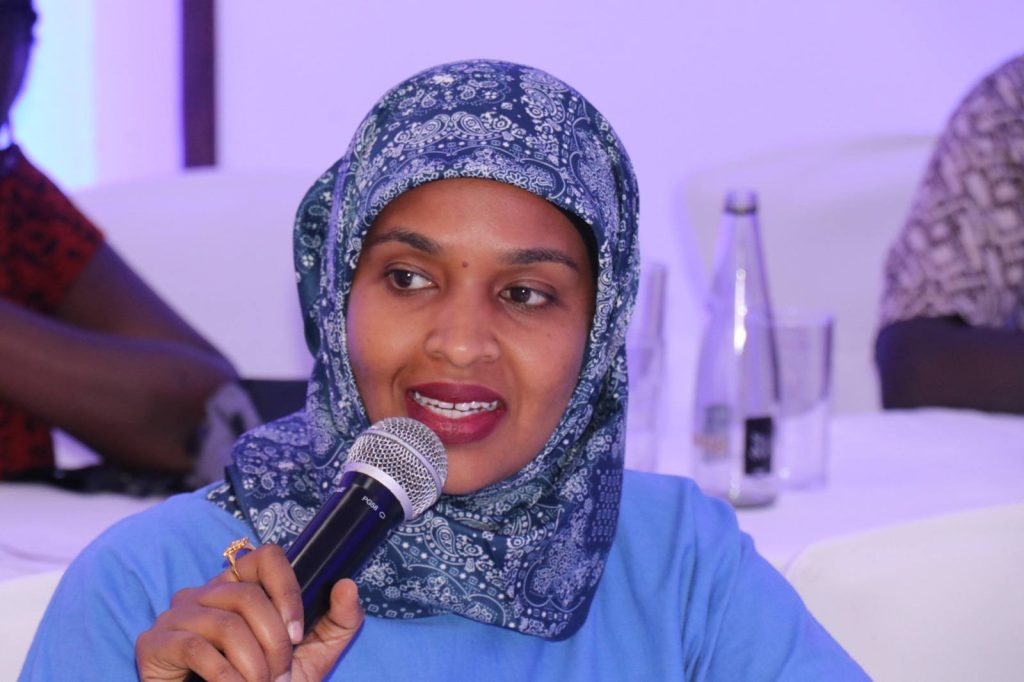The Ministry of Culture, Arts, and Heritage has revealed that Sh103.4 million collected through the Blank Tape Levy in February remains undistributed due to ongoing court cases.
Principal Secretary Ummi Bashir told the National Assembly Committee on Sports and Culture that the Kenya Copyright Board (KECOBO) has been unable to disburse the funds as legal battles between Collective Management Organizations (CMOs) and KECOBO have stalled the process.
Speaking during the meeting chaired by Webuye West MP Dan Wanyama, Bashir emphasized the need for increased funding for KECOBO to support young creatives. She lamented that underfunding from the National Treasury has made it difficult for the board to effectively license, collect, and distribute royalties.
“The court cases have denied our young artists access to money despite their hard work and investments in the creative industry,” Bashir said.
She also disclosed that KECOBO has not received any development funds, with its budget limited to recurrent expenditure. The board had requested funding to establish an advanced ICT system to streamline royalty payments, but the allocation was not approved.
Bashir urged the Committee to push for the reinstatement of Sh25 million that was cut from KECOBO’s budget in the 2024/2025 financial year. She also requested an additional Sh43 million to cover rent, internet services, contractual obligations, copyright enforcement, and board allowances.
Despite these financial challenges, Bashir highlighted the success of KECOBO’s National Rights Registry, which has registered 60,000 works from 10,000 rights holders. She encouraged artists to take advantage of the system, which allows them to register their work remotely using smartphones or computers.
“The system eliminates the need for creatives to travel to KECOBO offices in Nairobi for registration, making the process easier and more efficient,” she noted.
KECOBO has also been actively involved in training creatives, having educated 5,000 artists and 1,000 law enforcement officers across several counties, including Nyeri, Isiolo, Embu, Machakos, Kakamega, Kisumu, Kericho, Kisii, and Mombasa. The training covered copyright laws, monetization, financial management, and enforcement.
Bashir further announced that KECOBO has initiated amendments to the Copyright Act to align with technological advancements. “The Copyright Amendment Bill, 2025, will soon be presented to the Attorney General and the Treasury before submission to the Cabinet,” she stated.
Committee Chair Dan Wanyama assured KECOBO of their support, expressing concern over the low earnings of artists. “The Committee is ready to back any initiative that ensures creatives get fair compensation for their work,” he said.
Suba South MP Caroli Omondi backed the introduction of new technologies to enhance royalty collection and distribution. He also stressed that legal reforms should address the frequent court disputes affecting the creative industry.
Email your news TIPS to Editor@Kahawatungu.com — this is our only official communication channel


